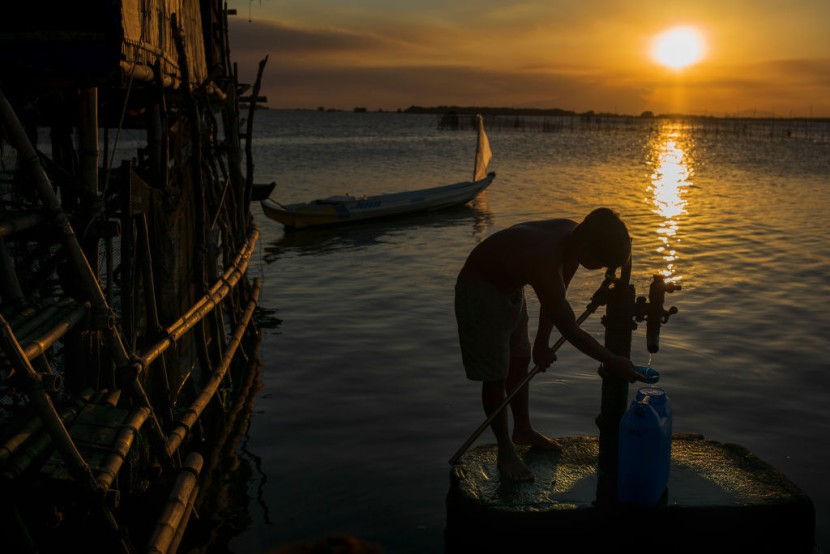
New research, which combines the effects of climate change and natural oceanic variations, predicts some of Asia's megacities will be submerged by 2100 due to increasing sea levels.
Rising temperatures in the oceans and record amounts of ice melting brought on by climate change have already caused sea levels to increase, per the Asia Disaster Prediction.
A Nature Climate Change report provides new knowledge and strong cautions about the effect on millions of people of Asia rising water level, according to CNN.
Researchers from the National Center for Atmospheric Research in the United States (NCAR), the University of La Rochelle in France, and the French National Center for Scientific Research (CNRS) determined that the western Indian Ocean, several western tropical Pacific islands, and the capital cities of Thailand, Ho Chi Minh City in Vietnam, and Yangon in Myanmar are most at danger when Asia water level rises further.
Over 50 million people in Asian megacities, nearly 30 million in India, could be impacted by the higher-than-expected sea level increase based on the Asia Disaster Prediction.
Philippines' Capital Region Will Suffer From More Floods
The research expects 18 times more coastal flooding episodes in Manila, the Philippines' capital city, due to climate change over the following century. The Asia water level research indicated that when taking into account naturally occurring variations in sea level, the incidence of coastal flooding might rise by up to 96 times.
Almost 13 million people reside in the Philippines' capital region.
Read Also : Bangladesh Explosion Update
CDP, a non-profit that helps corporations and cities report their environmental impact, found that just 8% of Asia Pacific firms have set a net zero objective in 2021, amid heightened awareness of regional climate threats, per BBC.
Several climate change consequences are more noticeable than rising global sea levels. Nevertheless, like with many other issues, things have become much worse in the last several decades. The sea level has risen 10 cm since 1990.
There's No Stopping Rising Sea Levels
Scientists predict that by the end of the century, even in the best-case scenario, sea levels would have climbed by more than half a meter. The worst-case scenario is 1.5 meters by 2100.
This will cause widespread flooding in heavily populated regions. It is possible that certain Oceanic island nations won't be around much longer, per a Euronews report.
Moreover, the loss of land as a result of climate change is not yet addressed by international law.
Even relatively developed countries have the resources to construct dams, but doing so may incur substantial expenses in the long run. Short-term fixes are beyond the reach of developing nations, making land flooding a major source of potential conflict in such areas.
Related Article: French Protests Over Pension Reform








